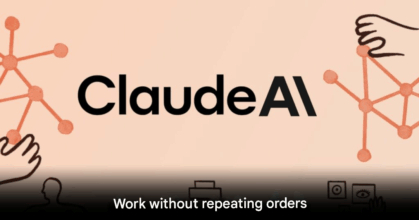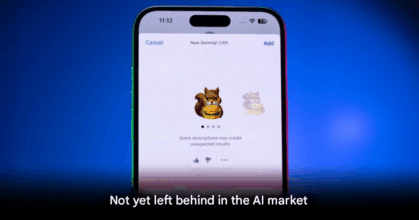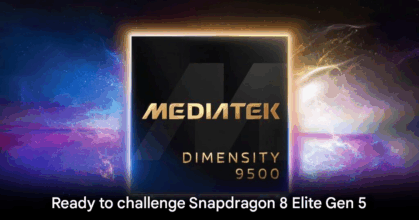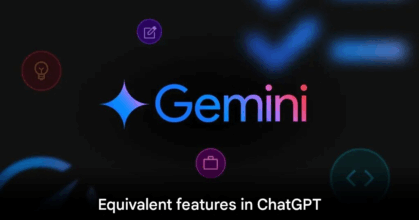ChatGPT May Still Rely on Google Search
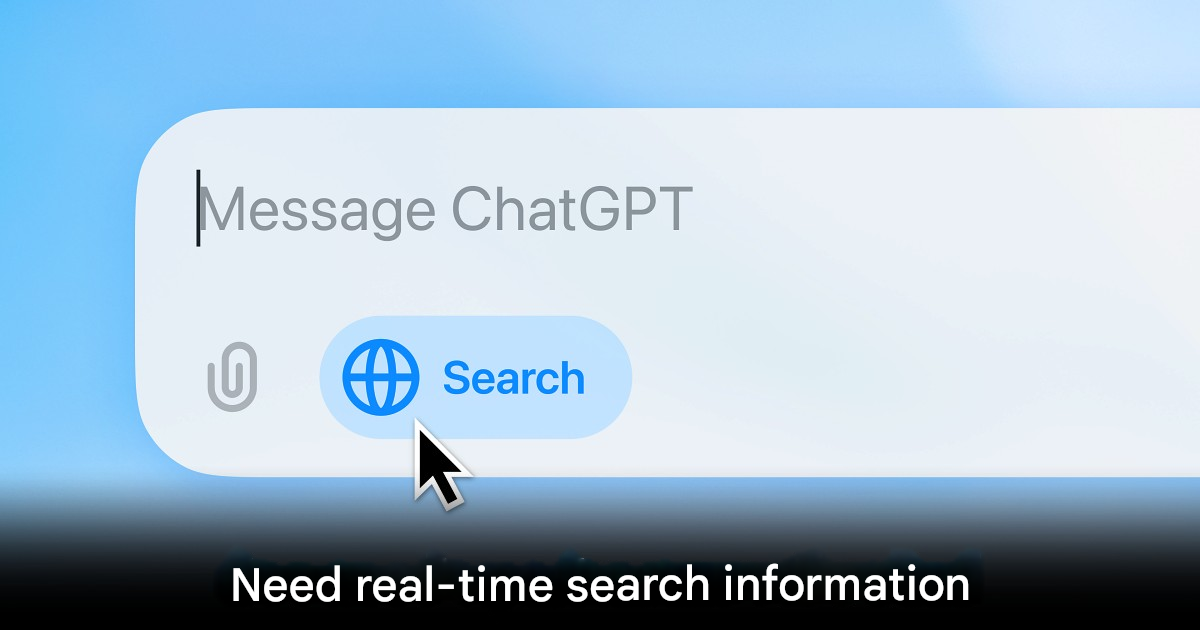
Lacks Its Own Real-Time Data Platform
According to a report by The Information, OpenAI’s ChatGPT may still heavily rely on Google Search to answer real-time questions. This comes despite OpenAI CEO Sam Altman previously stating that ChatGPT aims to replace Google as the primary search tool. The reliance stems from OpenAI lacking its own real-time data platform—unlike Google’s Gemini or xAI’s Grok, which use Google Search and X (formerly Twitter) respectively.
OpenAI currently uses SerpApi, a paid web-scraping service, to access the latest search results from Google. This allows ChatGPT to provide up-to-date information on topics such as news, finance, and sports. Testing by former Google engineer Abhishek Iyer showed that ChatGPT could retrieve data from dummy web pages indexed by Google, clearly indicating its dependence on Google Search.
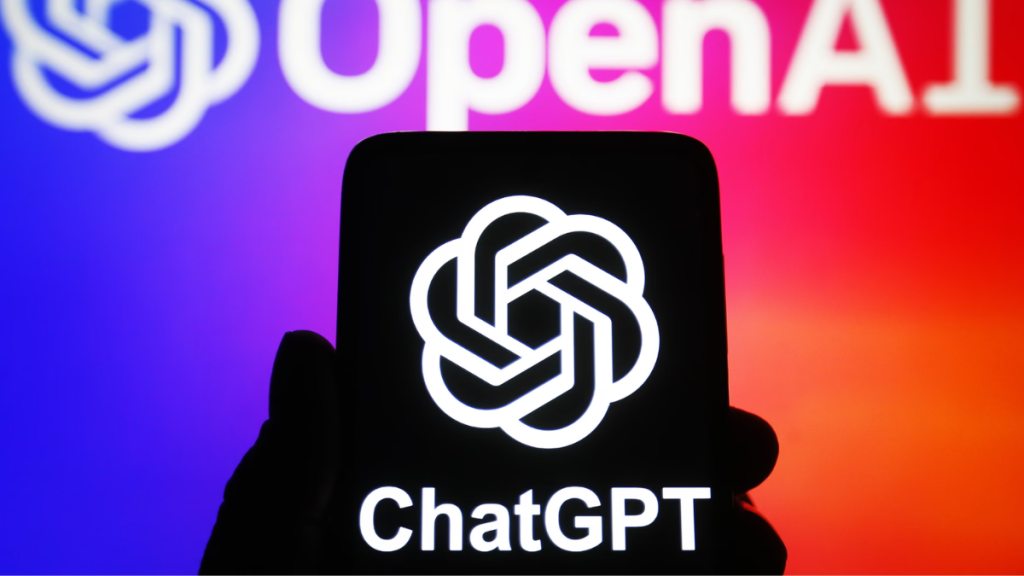
Previously, OpenAI attempted to directly access Google’s search index but was denied. According to Nick Turley, ChatGPT’s Head of Product, Microsoft’s Bing—which serves as an alternative data source—has issues with data quality, reinforcing Google’s position as the more reliable and valuable resource. This highlights the challenge OpenAI faces in developing an AI that operates independently from its competitors’ infrastructure.
This reliance on Google creates an ironic tension, as OpenAI competes directly with Google in the search engine space. As noted by Financial Express, without its own real-time data backbone, ChatGPT is at a disadvantage compared to rivals like Gemini and Grok, both of which have built-in data access. For now, relying on Google appears to be a temporary solution to maintain ChatGPT’s real-time question-answering capabilities.
Experts view this reliance as a potential long-term vulnerability. Google could restrict access to its data at any time. In response, OpenAI is accelerating the development of SearchGPT, its own search engine, which is expected to reduce its dependence on Google and build a more autonomous information system.
In the coming years, competition in both AI and search engine domains is expected to heat up. If OpenAI can make SearchGPT as powerful—or even more capable—than Google Search, ChatGPT might not only close the gap but emerge as a leader in real-time information retrieval.

